The programme aims to develop the knowledge and teaching skills of people who want to work or are working in the profession of language education at all levels (pre-primary, primary, secondary, tertiary), both locally and worldwide, and to meet their needs, by combining theory with practice and by co-constructing and connecting with knowledge. In particular, it focuses on learning theories, pedagogical methods and technological application in language teaching. Participants are provided with an opportunity to explore and discuss contemporary learning theories and methods in language teaching, as well as theories on applying new technologies in teaching and learning languages taught as a second (L2) or as a Foreign Language (FL). Simultaneously, they are provided with opportunities to put the above theories into practice, through collaborative and interactive activities, as well as planning and carrying out research in real life contexts. An important aspect of the programme is micro-teaching (in LCE 515 and LCE 517), which provides opportunities to students to apply what they have learnt in a virtual environment, to reflect on their teaching, to give and receive feedback.
Upon completion of the programme, it is expected that students will have acquired specialised knowledge, skills and experiences in Technology Enhanced Language Learning and in autonomous and lifelong learning.
Intended Learning Outcomes (ILOs)
By the end of the programme, students will be able to:
- Identify, discuss and apply learning theories, pedagogical methods and technological applications in second (L2) or Foreign Language (FL) teaching.
- Acquire and employ specialised knowledge, skills and experiences in TELL and in autonomous and lifelong learning.
- Produce, critically evaluate, and revise curricula, materials, tasks, lesson plans, tests and technology-mediated activities aligned with contemporary learning theories and methods in language teaching.
- Articulate, present results and report on research in a scientific manner.
TYPE AND NUMBER OF STUDENTS
The MA in TELL programme aims to attract language teachers from around the world (Cyprus and Europe, Middle East, Africa, Asia, North America and Australia) at all levels (from primary to tertiary education), seeking to attend a graduate programme in this subject and in this particular mode. The maximum number of students admitted is 15-20, following a competitive process, to maintain the high level of quality.
Aims
The programme aims to develop the knowledge and teaching skills of people who want to work or are working in the profession of language education at all levels (pre-primary, primary, secondary, tertiary), both locally and worldwide, and to meet their needs, by combining theory with practice and by co-constructing and connecting with knowledge. In particular, it focuses on learning theories, pedagogical methods and technological application in language teaching. Participants are provided with an opportunity to explore and discuss contemporary learning theories and methods in language teaching, as well as theories on applying new technologies in teaching and learning languages taught as a second (L2) or as a Foreign Language (FL). Simultaneously, they are provided with opportunities to put the above theories into practice, through collaborative and interactive activities, as well as planning and carrying out research in real life contexts. An important aspect of the programme is micro-teaching (in LCE 515 and LCE 517), which provides opportunities to students to apply what they have learnt in a virtual environment, to reflect on their teaching, to give and receive feedback.
Upon completion of the programme, it is expected that students will have acquired specialised knowledge, skills and experiences in Technology Enhanced Language Learning and in autonomous and lifelong learning.
Intended Learning Outcomes (ILOs)
By the end of the programme, students will be able to:
- Identify, discuss and apply learning theories, pedagogical methods and technological applications in second (L2) or Foreign Language (FL) teaching.
- Acquire and employ specialised knowledge, skills and experiences in TELL and in autonomous and lifelong learning.
- Produce, critically evaluate, and revise curricula, materials, tasks, lesson plans, tests and technology-mediated activities aligned with contemporary learning theories and methods in language teaching.
- Articulate, present results and report on research in a scientific manner.
TYPE AND NUMBER OF STUDENTS
The MA in TELL programme aims to attract language teachers from around the world (Cyprus and Europe, Middle East, Africa, Asia, North America and Australia) at all levels (from primary to tertiary education), seeking to attend a graduate programme in this subject and in this particular mode. The maximum number of students admitted is 15-20, following a competitive process, to maintain the high level of quality.
